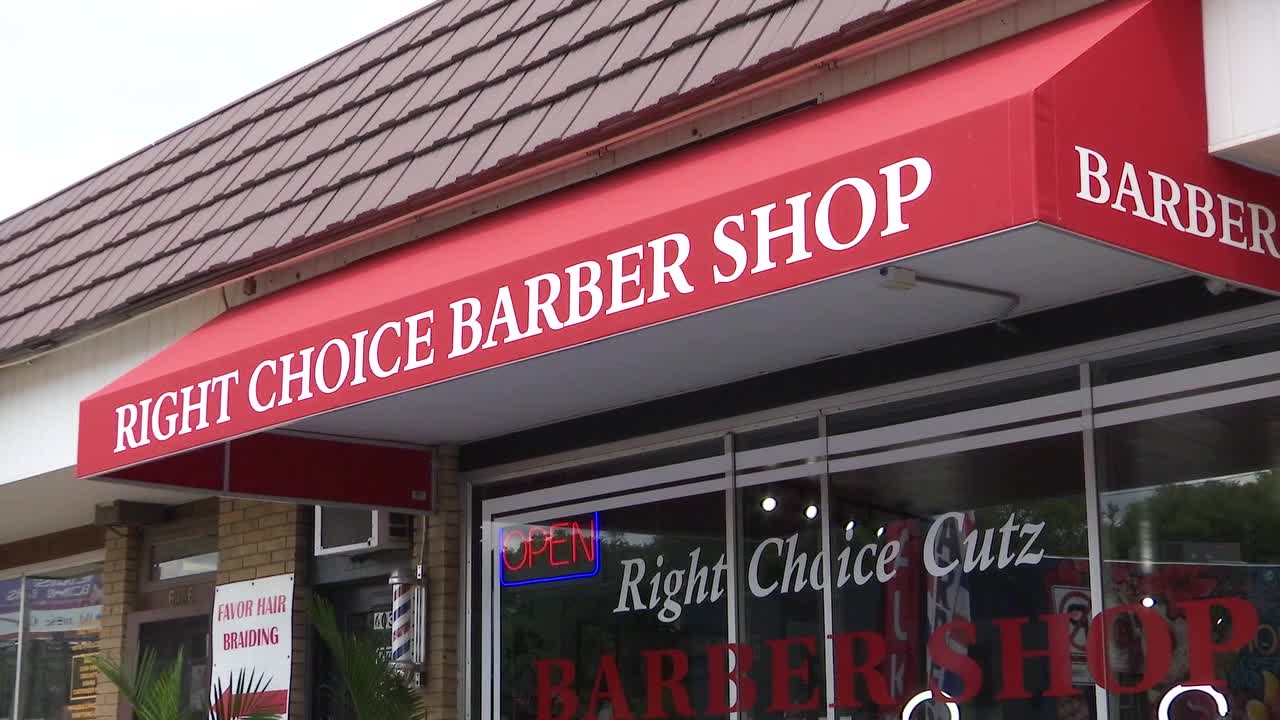Minnesota barbers and hairstylists receiving mental health training
Dozens of Minnesota barbers and hairstylists received training this week to be mental health advocates in the Black community.
On Monday, the participants gathered at the Sabathani Community Center in Minneapolis for training with The Confess Project, a nationwide initiative, and community partners.
The project is dedicated to building a better mental health culture for Black boys and men through barber shops.
Partners in Minnesota are expanding the focus to include hairstylists and their clients.
“You get some of those clients that are like ‘Hey, give me a haircut and get me out of here,’ but most of the time it’s just like a therapy session,” Flint’e Smith, Right Choice Cutz barber, said.
The community calls Right Choice Cutz in Crystal a safe space.

(KSTP-TV)
Clients trust Smith to give them a clean cut and a listening ear.
“I feel like a therapist sometimes just listening to some of these people’s problems and trying to refer them,” Smith said.
Smith is an ambassador for the The Confess Project.
In the program, barbers and hairstylists are trained to spot mental health challenges from the moment a client sits in the chair. They also have the tools to point them in the direction of mental health resources.
“Some folks talk to their barbers and stylists about things they don’t talk to anybody else about,” Larry Tucker, Kente Circle CEO and therapist, said.
Kente Circle is a mental health agency in Minneapolis.
He said he partnered up with The Confess Project to raise mental health awareness in the Black community because most are hesitant to get care. Tucker believes part of the reasoning dates back to slavery.
“Back then it just wasn’t safe for us to let people know that we weren’t okay. Families were separated from each other when they were seen as defective or unhealthy,” Tucker said. “Folks have experienced it not being safe to talk with people about their issues because of the trauma that exists within our families and communities.”
He said finding Black therapists to talk to is also a challenge because there’s a shortage of mental health providers of color.
Tucker said the point of the project is to reduce stigmas, break barriers and meet people where they are. “There’s nothing wrong with you. Something happened to you and getting help is okay,” Tucker said.